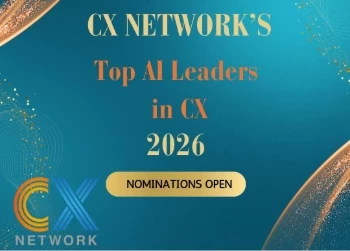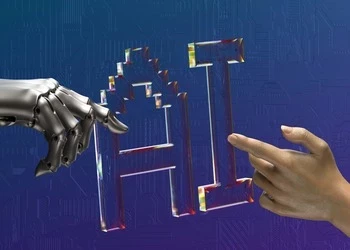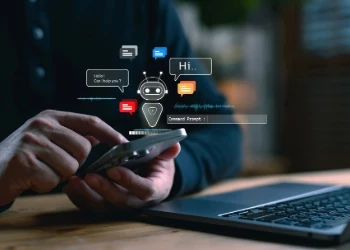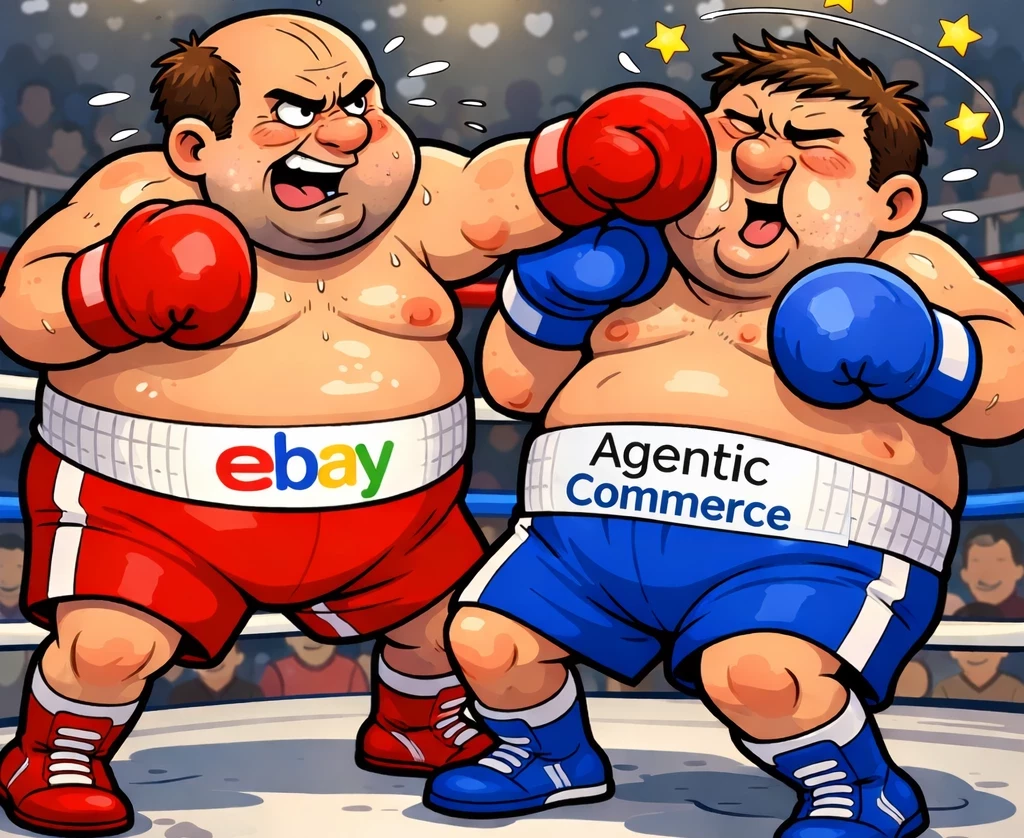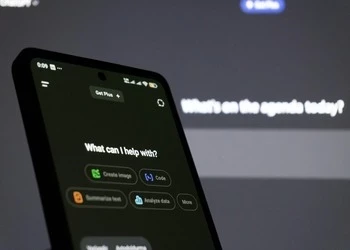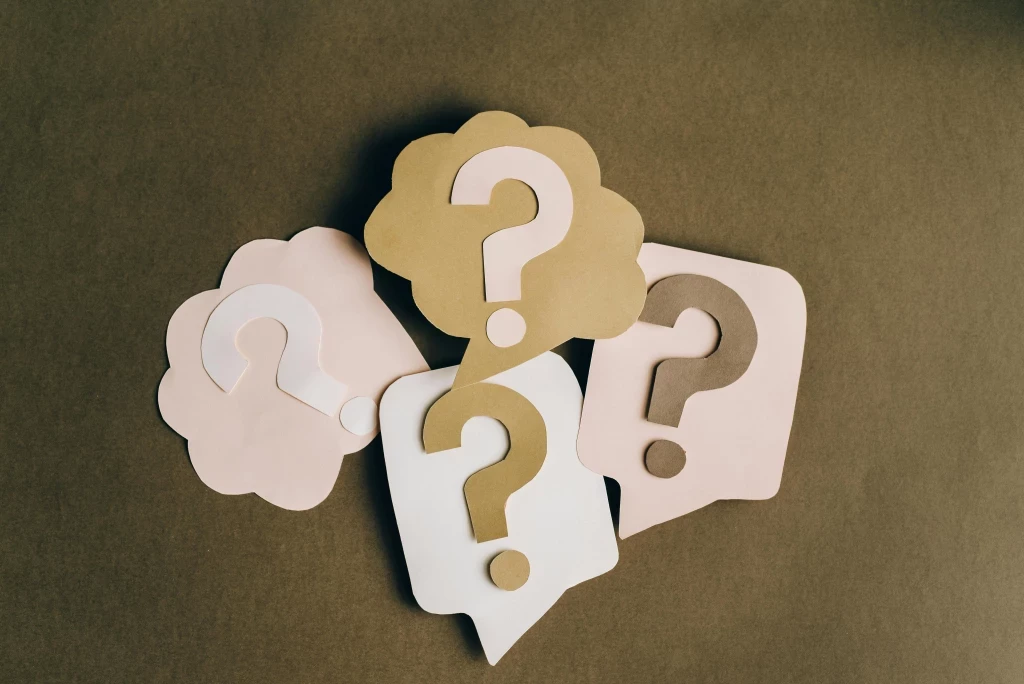One year of ChatGPT – how has it changed customer experience?
We take a look at the impact the game-changing AI tool has had on CX over the last 12 months
Add bookmark
On November 30, 2022, ChatGPT was released into the world by OpenAI. It was immediately hailed as a gamechanger for nearly every aspect of business, and rival companies scrambled to release their own large language models (LLMs – such as Google’s Bard and Meta’s LLaMA). The latest of these is Grok, created by OpenAI co-founder Elon Musk, who has not been shy to boast of how much better it is at accessing information compared to its predecessors.
However, competitors aside (along with recent board controversies), with over 100 million weekly users at the time of writing, ChatGPT remains at the top of the charts. In fact, by January 2023, just two months after it was launched, OpenAI set the record for being the fastest-growing consumer application in history.
Who uses ChatGPT?
Two of the top-10 trends identified in CX Network’s Global State of CX 2023 concern artificial intelligence (AI), demonstrating the growing awareness of AI’s potential in CX.
According to research among UK businesses by Indusface, the advertising sector is the top industry when it comes to the use of ChatGPT, followed by the legal sector, and arts and media.
Call centers and customer service are not far behind with 29 percent of businesses surveyed saying they routinely use ChatGPT for work.
The top 10 industries using ChatGPT the most
| Industry | % of workers using ChatGPT |
| Advertising | 39% |
| Legal | 38% |
| Arts and media | 33% |
| Information and communication technology | 30% |
| Construction | 30% |
| Real estate and property | 29% |
| Manufacturing | 29% |
| Call center and customer service | 29% |
| Healthcare and medical | 28% |
| Government and defence | 28% |
Source: Indusface
The same survey found that report writing, translating, research, client and internal emails were the top uses for the tool at work.
In the world of CX specifically, more and more companies are embedding generative AI into their platforms, whether it’s through AI-powered chatbots or behind the scenes for customer journey mapping and marketing purposes.
Find out which big brands are already using generative AI for customer experience here.
Has ChatGPT improved customer experience?
The burning question is, has ChatGPT actually improved the experience of customers?
One of the biggest transformations can be seen in the contact center. Here AI is helping to ease agents’ workload through the use of chatbots that can respond to basic questions, giving more time to staff for the more complex customer queries.
Devon Mychal, senior director of product marketing at Talkdesk, explains how it can be used to reduce stress among contact center agents: “A lot of agent burnout is due to working a difficult and intense job providing good service even when a customer is angry. In part, these roles are stressful because the tools at hand do not necessarily make it easier to do the job,” he says.
“Tools like AI agent assistants can provide real-time support to serve customers more effectively and access the information they need to provide good service, while automating some of the most boring or repetitive parts of the job.”
Watch CX Network's editor-in-chief discuss how the emergence of generative AI is supercharging the work of CX practitioners, with SurveyMonkey’s director of research Laura Wronski and Mastercard's manager of AI research and cyber intelligence, Debasmita Das.
It is also being deployed to help businesses adapt their touchpoints to meet customer needs. Take travel company Expedia, for example. ChatGPT is now integrated into its app, enabling users to ask it for travel recommendations and general tips for getting around. The AI-powered chatbot searches its vast database and saves responses so that users can easily check availability and book.
Find out more about ChatGPT’s applications in CX in the complete guide to generative AI for customer experience.
What is next for generative AI and CX?
Experts predict that AI-powered search engines are set to be the next big development in AI. Online forum Quora has already integrated ChatGPT so that some user questions are answered by the chatbot.
Another is proprietary LLMs, with businesses developing these in-house for different purposes. There are already many of these in existence; in fact tech firm Harmonic Security evaluated the top 1,000 AI tools in use (not including major players like Bard and ChatGPT) and found that 20.9 percent were being used for customer service, beating other functions like content creation and copywriting.
There are other, more specific uses too such as BrandGPT, a chat interface designed to answer questions about brands and branding topics. Created by Nova, it has been trained on thousands of style guides and brand examples.

Source: BrandGPT
Additionally popular platforms like Zoom and Canva have recently incorporated generative AI for transcribing and translating – Canva even has the ability to transform a gallery of images into a written blog post.
“I cannot overstate the importance of LLMs,” Mychal says. “GPT is the most prominent today, but we will see many advanced LLMs emerge over the coming years, with significant improvements on how well they can execute their core functions.”
More recently, OpenAI released GPTs, custom versions of ChatGPT that can be tailored by users for specific purposes, without the need for coding.
 Eric Carrasquilla, president of CX solutions at payment solutions firm CSG, believes that generative AI "will change everything. At the most basic levels of customer service, human involvement will be extinct in under three years, simply because ChatGPT – and other innovations under the umbrella of generative AI – will be able to handle those inquiries with ease,” he says. “We’re looking at a tectonic shift in the efficiency and effectiveness of programs to boost customer experience."
Eric Carrasquilla, president of CX solutions at payment solutions firm CSG, believes that generative AI "will change everything. At the most basic levels of customer service, human involvement will be extinct in under three years, simply because ChatGPT – and other innovations under the umbrella of generative AI – will be able to handle those inquiries with ease,” he says. “We’re looking at a tectonic shift in the efficiency and effectiveness of programs to boost customer experience."


